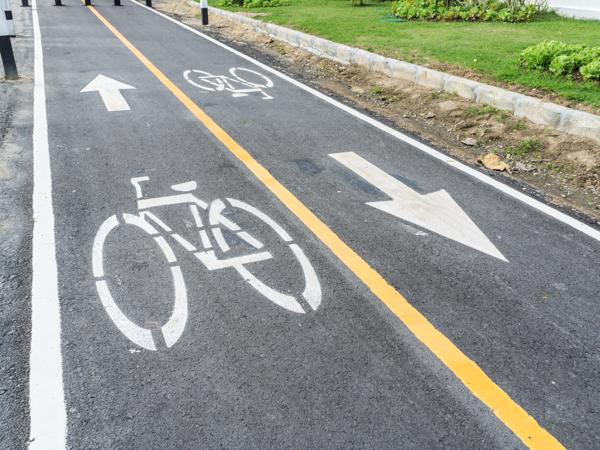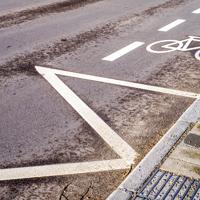As cities around the world become more bike-friendly, cycling has increasingly become a popular mode of transportation. The convenience, health benefits, and environmental advantages make it an appealing choice for many. However, with rising numbers of cyclists, bike theft has also become more prevalent. Registering your bike can be an important step in protecting your investment and ensuring you continue to enjoy your ride.
Why Registering Your Bike Matters
At its core, bike registration is a way to connect your specific bicycle with your personal information. This can help authorities or any good samaritan identify the owner if a bike is recovered after being lost or stolen. It may not guarantee a bike’s return, but it certainly improves the chances.
Example: In 2019, a survey conducted by 529 Garage, a community-powered bike registration service, found that over 10,000 stolen bikes were recovered. Of these, a significant portion was returned to their rightful owners due to the bikes being registered.
Creating a Record: Security and Determent
When you register your bike, you create a formal record. This can deter thieves, as registered bikes are riskier to resell. Many services provide you with a visible sticker to display on your bike, signaling its registration. Thieves generally opt for easier, anonymous targets.
How Registration Helps Recovery
In the unfortunate event of your bike being stolen, having it registered can be useful in making police reports more effective. It provides law enforcement with the essential details they need, such as the bike’s serial number, make, and model. These details can facilitate quicker identification if the bike turns up.
Example: Stories from the UK’s BikeRegister, a national cycle database, highlight numerous instances where stolen bikes were reunited with their owners through successful recovery operations, supported by the registration information.
Comparative Overview: Registration Services
Various countries and regions have their own bike registration programs. Some are local government-based, while others are independent. Here are a few to consider:
- BicycleSecure offers an online service that anyone can use. It’s useful if your local area doesn’t have an official registry.
- 529 Garage emphasizes community involvement and offers resources for fighting bike theft.
- BikeRegister claims to be one of the UK’s largest databases and partners with many police forces.
Before registering, it might be helpful to research which service is recommended or supported in your area.
A Personal Decision
Choosing to register your bike is a personal decision. For some, it brings peace of mind knowing they have taken a step to deter theft and aids possible recovery. For others, building a community-based effort to combat bike theft can be rewarding in itself.
Think about how often you ride, where you park, and your town’s theft rates. These factors can help you decide whether registration is suitable for you.
Conclusion
While registering your bike isn’t a foolproof method to prevent theft completely, it is a considerate and potentially helpful measure. It reflects a personal commitment to protect your property and contributes to a broader effort to reduce bike theft.
Consider it as one of many layers of security you can implement. Combining registration with practical security measures, like using a sturdy lock and being mindful of where you leave your bike, can make your cycling experience safer and more enjoyable.
References
Taking the initiative to register your bike might seem like a small action, but in your biking journey, it could make all the difference.




